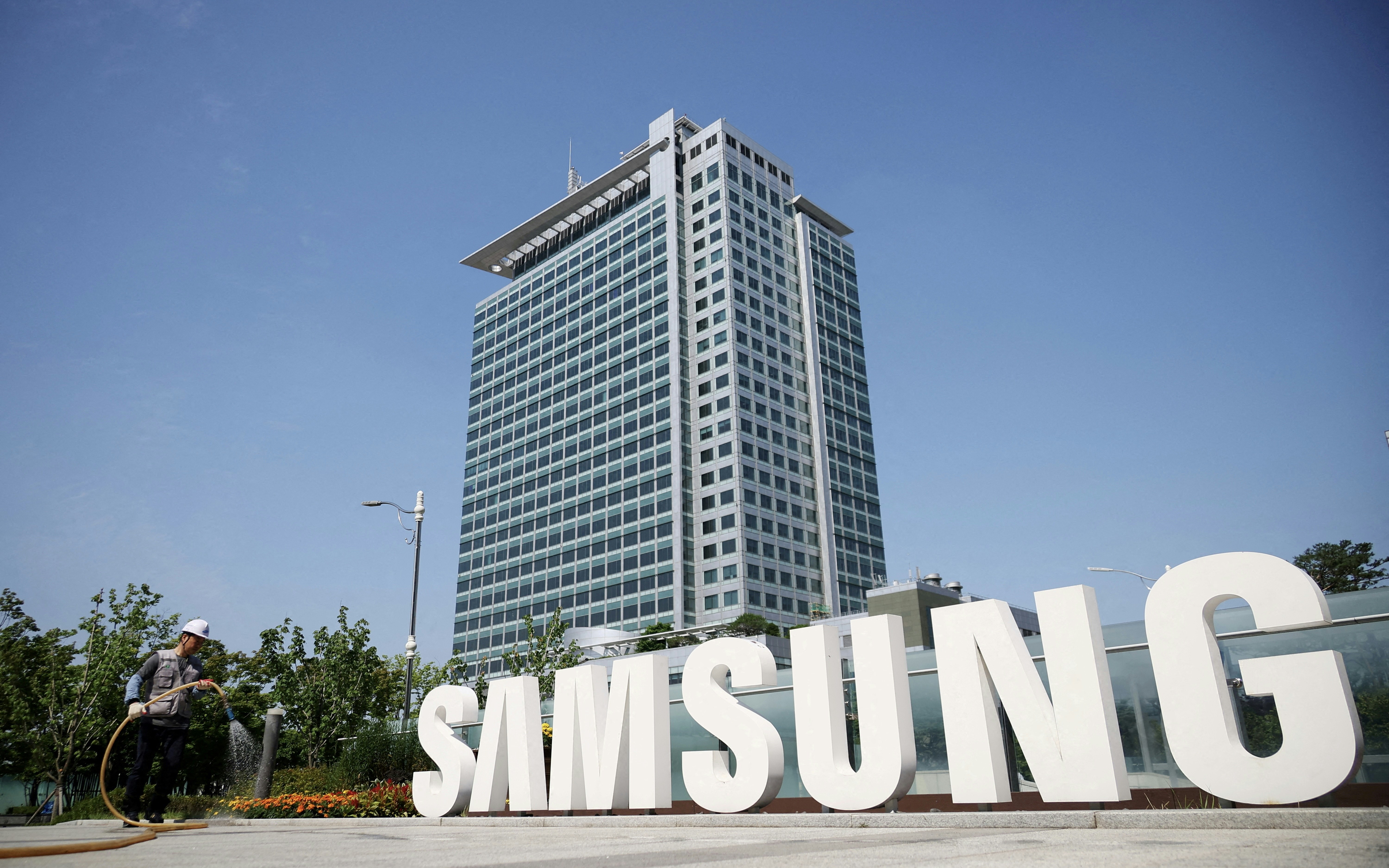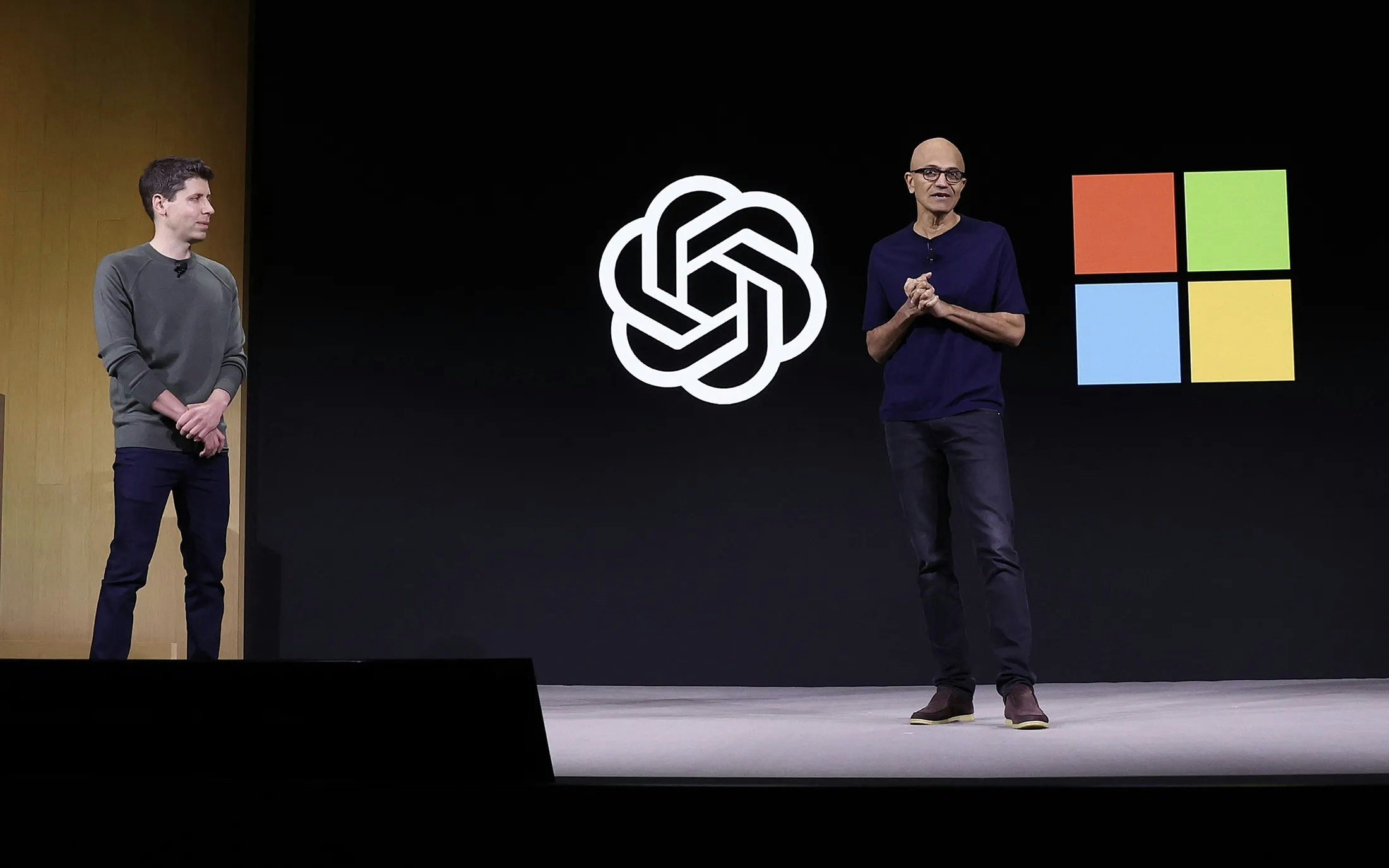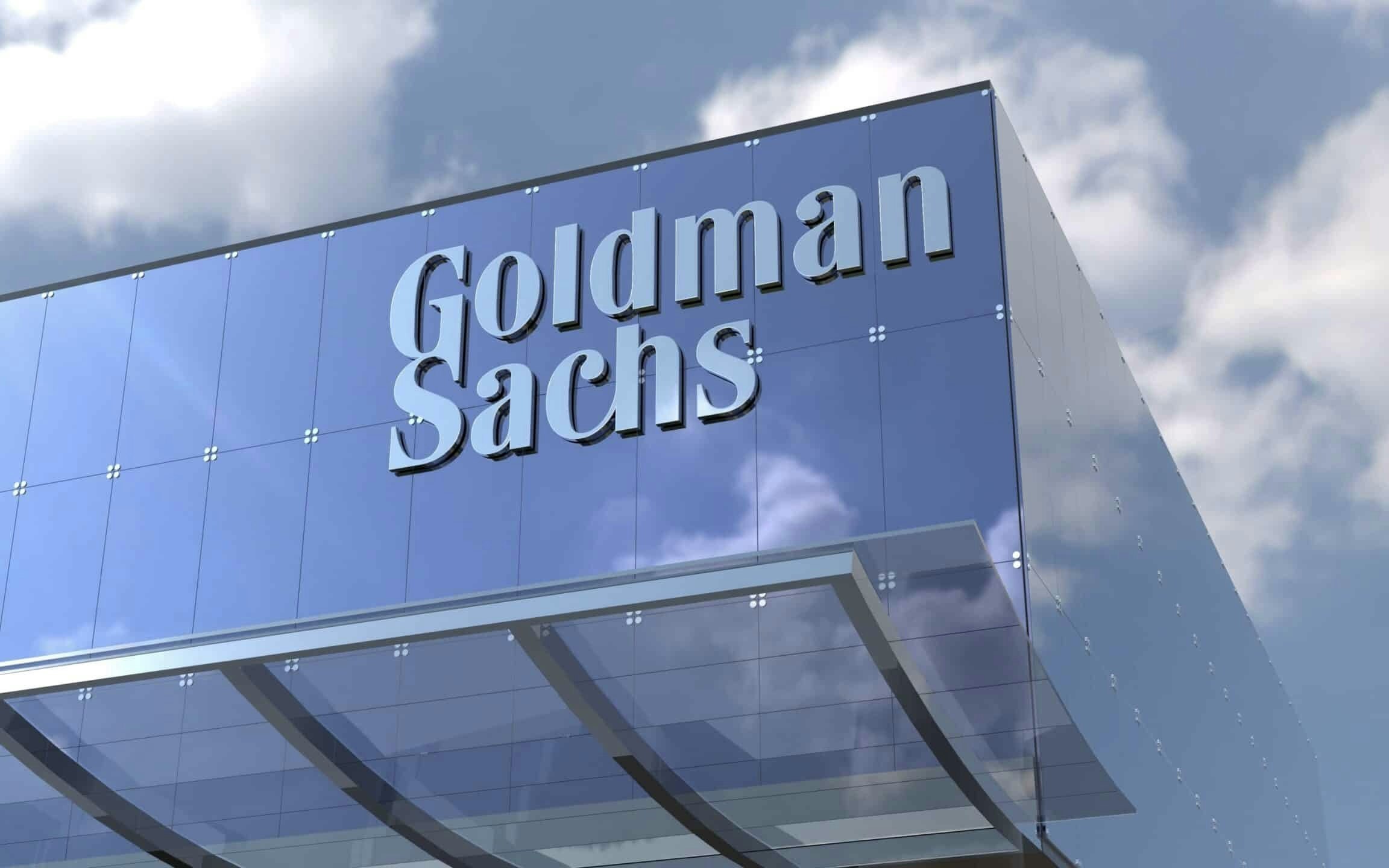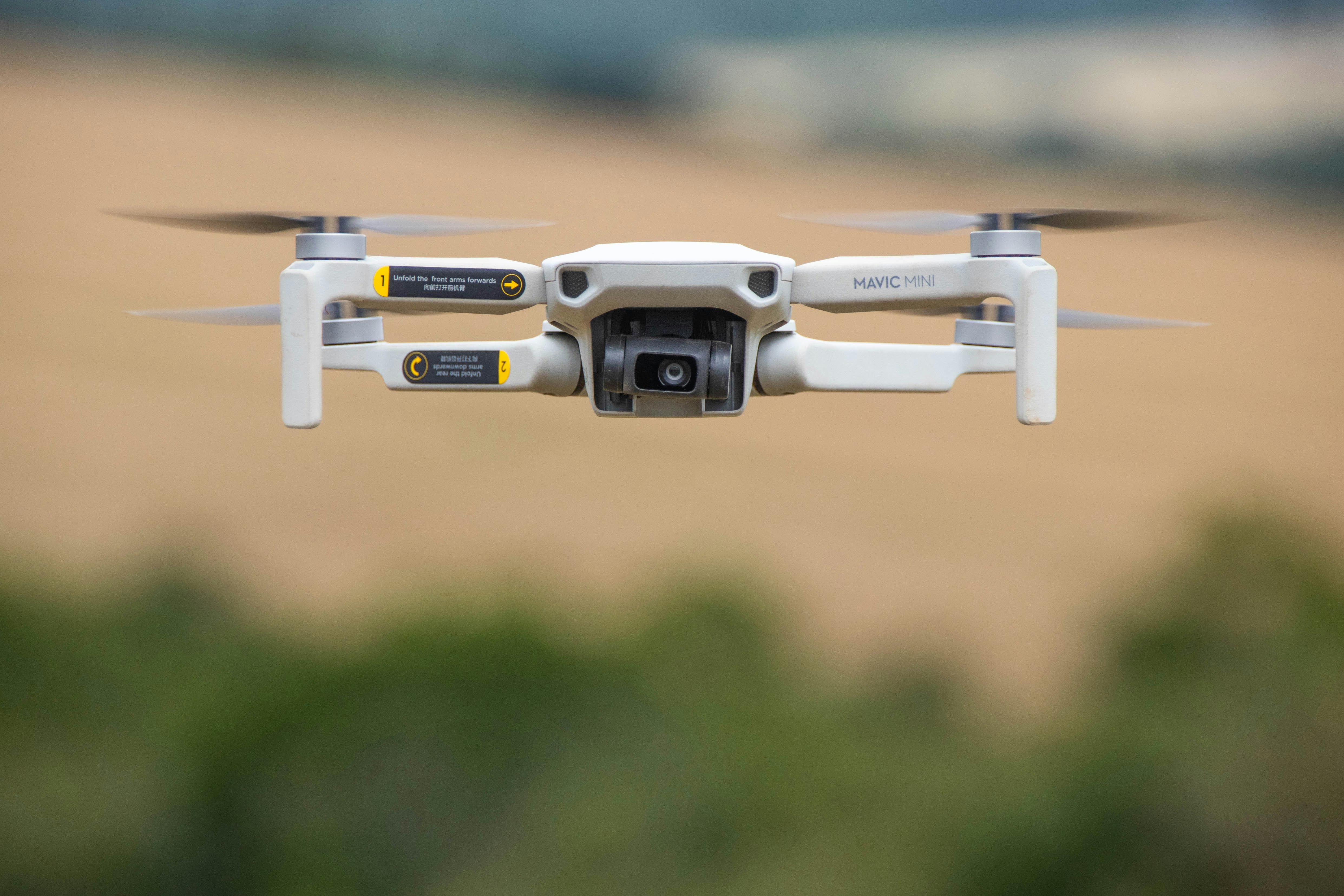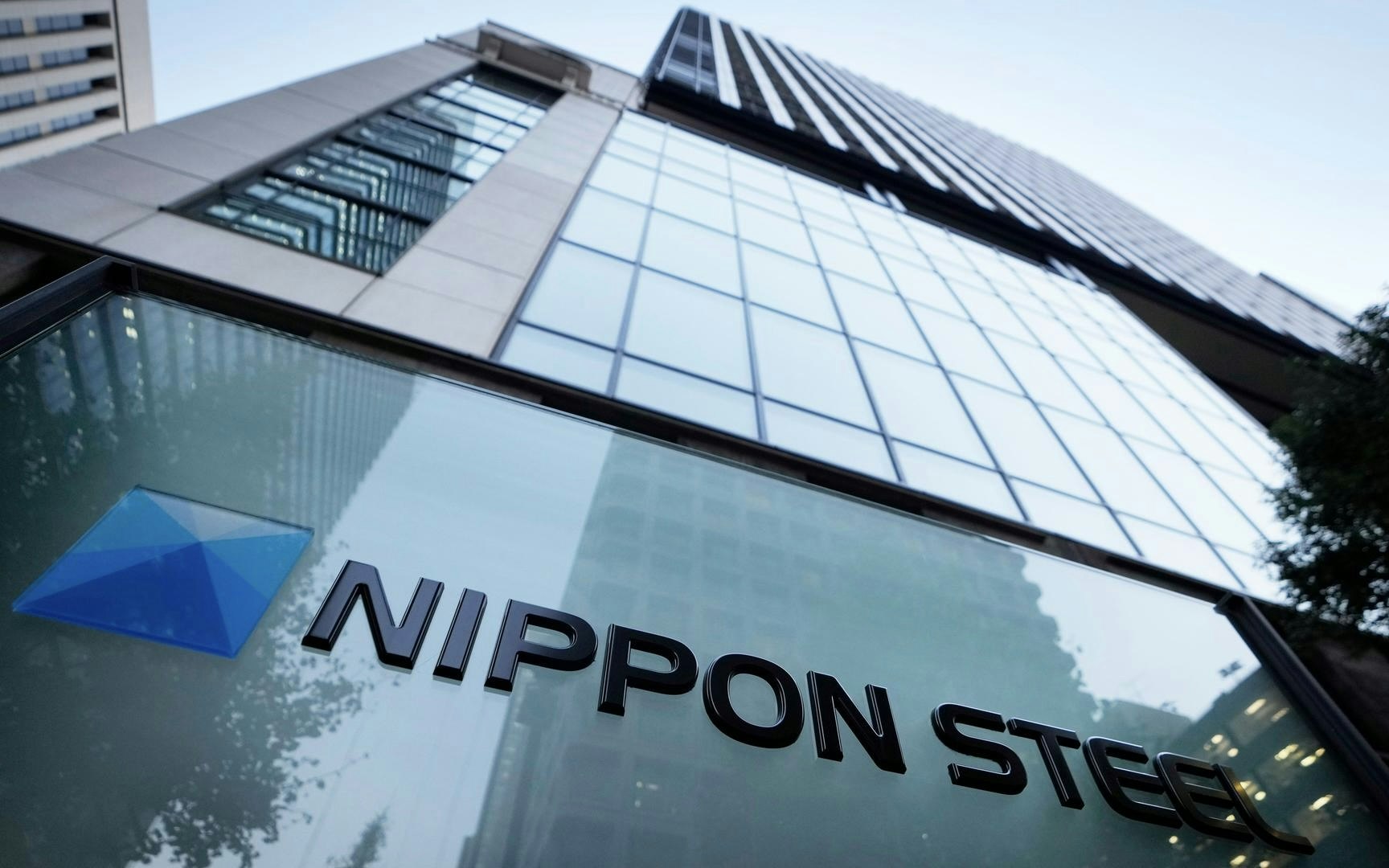Samsung Electronics expects that weak demand for memory chips will limit profit growth in the first quarter of 2025. Additionally, US restrictions on the export of advanced semiconductors to the AI industry are hindering the South Korean company's business development. The shares of the world's largest memory chip manufacturer fell by 2.5 percent after the forecast on Friday.
In the first quarter of 2025, the improvement in results could remain limited as the semiconductor business continues to weaken," the company stated. Nevertheless, Samsung expects a gradual recovery in memory chip demand from the second quarter.
Samsung sees particular challenges in the market for High Bandwidth Memory (HBM), a crucial chip segment for AI servers. "There will be temporary limitations in our HBM sales in the first quarter," said Kim Jae-june, Executive Vice President of the memory chip division. In addition to the US export restrictions on high-performance chips, increased demand for improved models from major customers is also weighing on business development.
Samsung is under pressure as it has not yet benefited from the booming AI investment wave. Unlike competitor SK Hynix, which is considered a leading supplier of HBM chips and supplies Nvidia, Samsung has not yet received approval from Nvidia. Additionally, the company is suffering more from the ongoing slump in DRAM chips, as it holds a larger share of standard products and increasingly competes with Chinese competitors like CXMT.
On Friday morning, SK Hynix shares fell by up to 12 percent after the markets reopened following the holiday break.
Samsung announced that it will maintain its investments in memory chips at last year's level when the company invested 53.6 trillion won ($37 billion), mainly in the chip division. The strategy is to focus more on higher-margin AI chips, while the foundry business, which produces chips for smartphones and PCs, suffers from weak demand.
To improve its competitiveness in the HBM sector, Samsung has restructured its engineering teams. Nvidia CEO Jensen Huang recently expressed skepticism, emphasizing that Samsung must "develop a new design" to supply HBM chips for his company. Nevertheless, he sees progress: "They are working on it very quickly.
For the first time, SK Hynix surpassed Samsung in quarterly profit: While Hynix benefited from strong demand for HBM and aims to double its sales this year, Samsung's chip division recorded an operating profit of 2.9 trillion won in the fourth quarter of 2024—26 percent less than in the previous quarter.
Samsung has lost its leadership in HBM and is increasingly under pressure from Chinese competitors in the conventional memory chip segment," said Sanjeev Rana, head of Korea equity research at CLSA. "Hynix is more resilient as a large part of the revenue comes from HBM. In the commodity segment, China's production could continue to rise and further burden Samsung.
